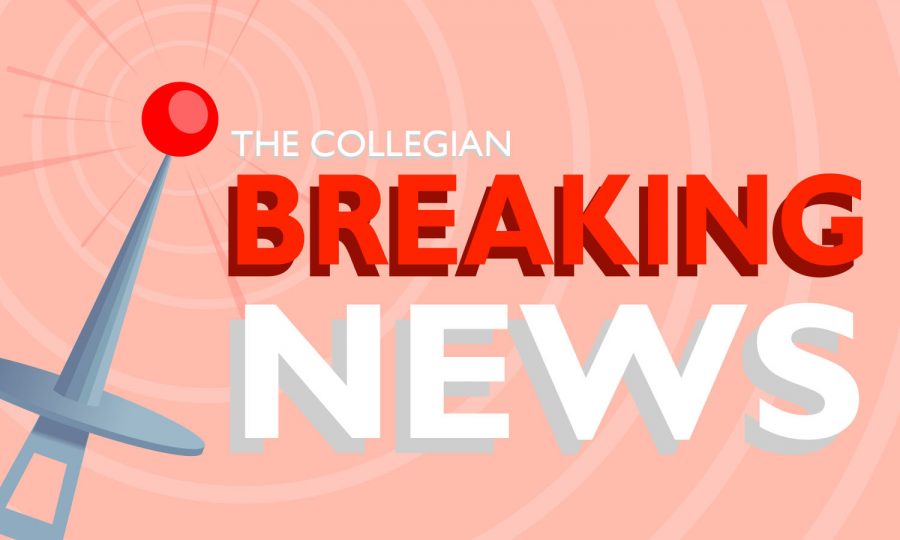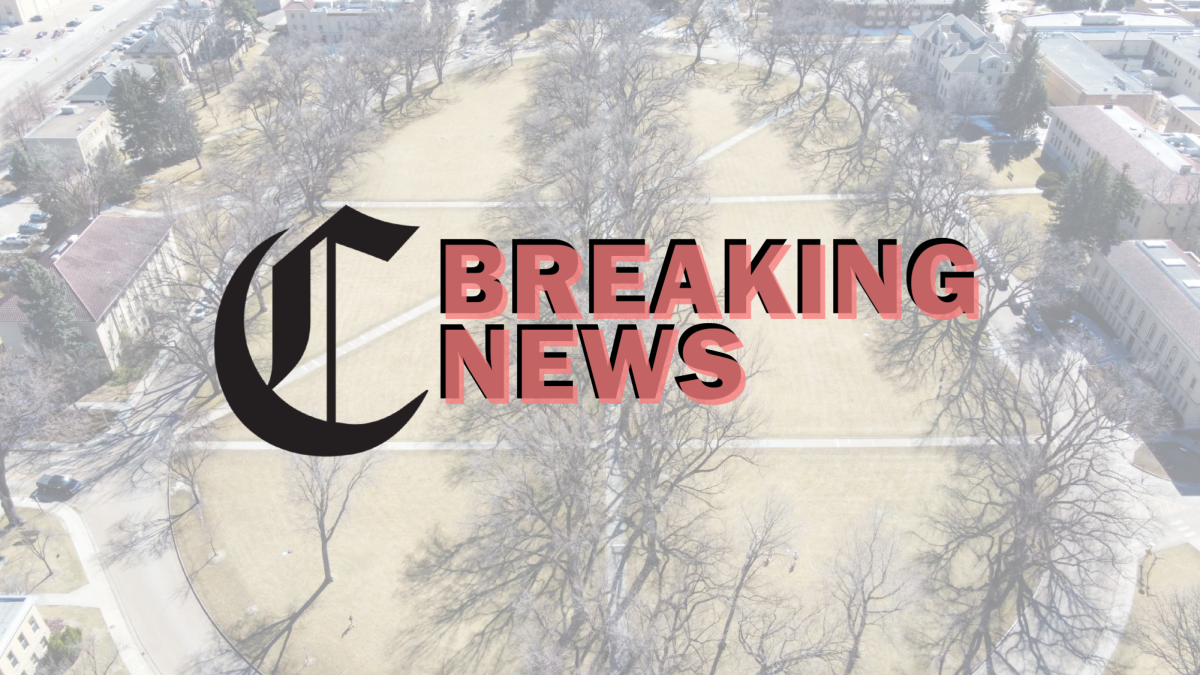Fort Collins residents can expect to vote on two money-related ballot issues this year.
The first City-initiated ballot issue would extend and make partially permanent the Keep Fort Collins Great sales tax, which would otherwise sunset in 2020. The second issue, a citizen-initiated charter amendment, would offer City council members and the Mayor full-time pay for full-time work.
Ad
Ballots have been mailed out to all registered voters and can be deposited in any of the six drop boxes around the City. If you plan on mailing it back, it must be done by Thursday, March 28 so it will be received by the 7 p.m. deadline on Election Day.
See The Collegian’s coverage for additional information about registering and voting.
Keep Fort Collins Great tax

Voters will be asked to approve a continuation of the KFCG sales tax. At 0.85 percent (85 cents for every $100 spent), it is the City’s largest dedicated tax and is set to expire in 2020.
The City-initiated ballot issue would extend KFCG for another ten years. A portion of the tax, 0.25 percent, would expire in 2030, and the remaining 0.6 percent would be made permanent.
15.6 percent of the permanent revenue is specifically dedicated to the Poudre Fire Authority. The remaining revenues would go toward municipal operations, maintenance and any other public purposes.
In 2018, 51 percent of KFCG revenue went to street maintenance and other transportation needs, 28 percent went to police and fire services and 10 percent went to parks and recreation.
The remaining 11 percent went to other community priorities including homelessness initiatives, affordable housing funds and downtown recycling planning.
The ballot measure does not change the tax much from what has already been in place.
The KFCG tax was overwhelmingly approved by voters in 2010 as a way to sustain City services during the Great Recession, according to the Coloradoan.
Ad
Since then, it has averaged over $25 million a year in revenue, according to a study by the Fort Collins Area Chamber of Commerce. It brought in over $31 million in 2018 and is expected to bring in $34 million in 2021.
As the study notes, the City has been “using a temporary tax to fund permanent basic services” and local leaders worry letting the tax expire would put a significant dent in the City’s ability to provide those services as effectively.
City Council Full-Time Pay
Serving on City Council right now will net employees $815 a month or $1,224 for the mayor, plus additional cost compensation. This citizen-initiated charter amendment would raise Council salaries to match the area median household income ($57,000 in 2017), plus benefits.
The total cost would be around $400,000, not counting benefits.
Councilmembers can still decline the pay raise or hold a second job outside of Council. The amendment would, however, require them to publicly report their Council-related activities as an additional accountability measure.
Council candidate Fred Kirsch for District 6 led the push to put the measure on the ballot. He said his reasoning was three-fold:
- It would allow a greater diversity of people to serve. For example, people in low-income situations may find the current compensation a barrier to running.
- It would be a fair compensation for the workload Council requires (around 25-40 hours a week by most estimates).
- Not having to have an outside job would give those on Council more time to evaluate over staff reports and do “a more thorough” job overall.
Current councilmembers have expressed uncertainty or disagreement with how a full-time Council would fit in the City’s current system.
Major cities like Denver, which have “mayor-council” governments, do offer full-time pay because they are the main source of legislation.
Fort Collins operates with a “manager-council” form of government where a city manager directs staff to create policies, and the councilmembers will propose, amend or approve those policies. Councilmembers say a full-time council could change that relationship.
Samantha Ye can be reached at news@collegian.com or on Twitter @samxye4.























